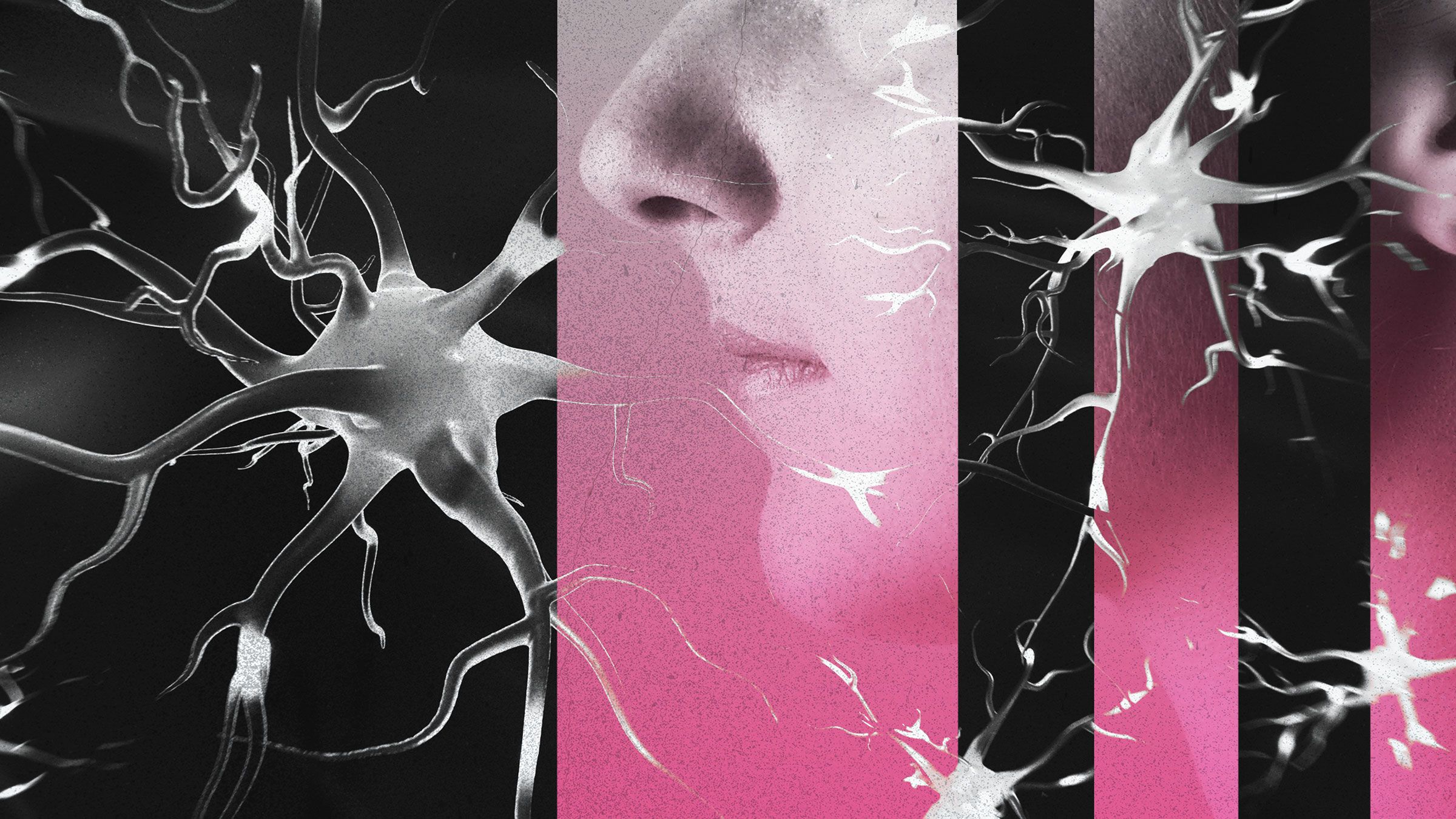A Key to Detecting Brain Disease Earlier Than Ever
Early detection of brain diseases such as Alzheimer’s and Parkinson’s can greatly improve treatment outcomes and quality of life for patients.
One promising key to detecting brain disease earlier than ever is the use of advanced imaging techniques, such as MRI and PET scans. These technologies allow doctors to see changes in the brain that may indicate the presence of disease long before symptoms appear.
Another key to early detection is the development of biomarkers, such as proteins or genetic markers, that can be detected through blood tests or other non-invasive methods.
Researchers are also exploring the use of artificial intelligence and machine learning algorithms to analyze big data sets and identify patterns that may be indicative of brain disease.
By combining these advanced technologies and methods, doctors and researchers are hopeful that they will be able to detect brain disease at its earliest stages, allowing for more effective treatments and interventions.
Early detection is crucial when it comes to brain diseases, as early intervention can slow the progression of the disease and improve quality of life for patients.
It is important for individuals to be proactive about their brain health, by staying physically and mentally active, eating a healthy diet, and getting regular check-ups with their healthcare provider.
By working together with healthcare professionals and researchers, we can hopefully unlock the key to detecting brain disease earlier than ever before.
Early detection is key to improving outcomes for those living with brain diseases, and with continued advancements in technology and research, we are moving closer to that goal every day.
